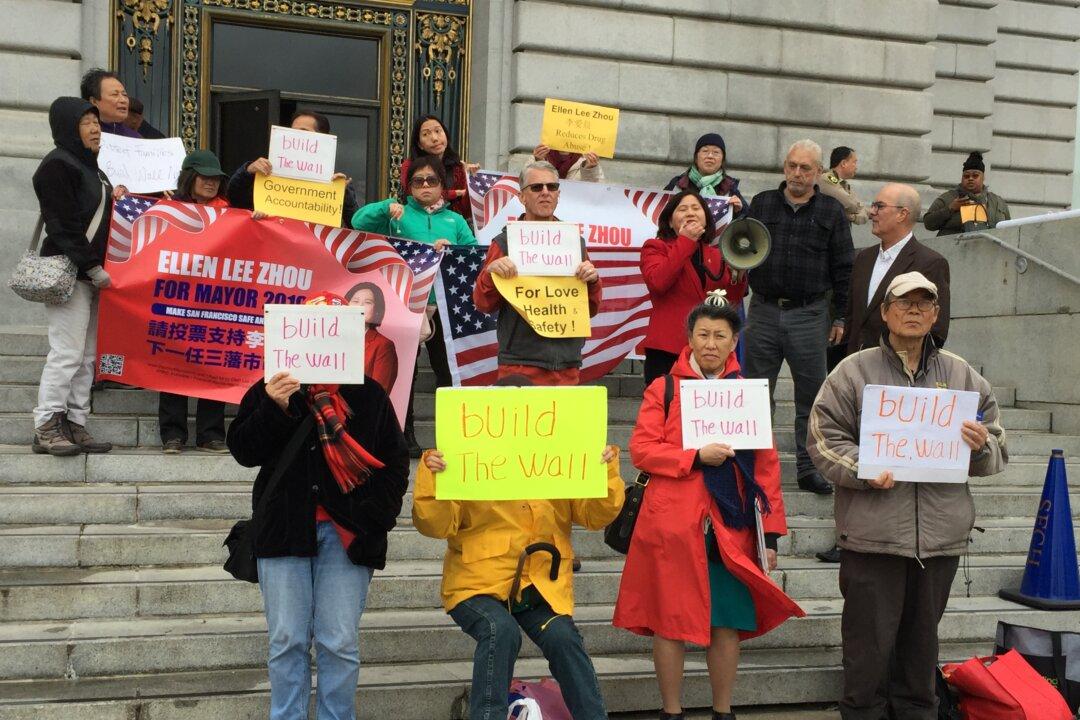Bay Area office buildings are thriving along with the good performance of the tech sector. But investors are wondering how they can attract these premium tenants. The answer seems to be flexibility—writ large.
At the Cassidy Turley 2014 Northern California forecasting event held recently in San Francisco, “flexibility” was brought up several times by representatives from big name tenants such as Google, Salesforce, Facebook, and SunTrust Bank.
Heather Torres, recruiting analyst and information designer at Facebook, spoke about the intent of the “unfinished” interior on the Facebook campus. It is done to create the sense that “we are still building.”
“Facebook retrofitted the campus, ripped out the carpet, ripped out all the ceiling, ripped every bit of sheetrock out; just left it just like that. Didn’t lay down new carpet, didn’t make things fancy. … The intent is that we are still building, this place is unfinished, we are not done yet,” Torres said.
The keynote speaker of the event, Richard Florida, professor of New York University, praised the “unfinished” intent later in his speech as an innovative idea.
It could be that the fast-growing nature of the high tech industry explains why the Facebook campus has no walls.
At Facebook, teams may be set up and broken in just a few weeks. “Sheet rock stands in the way of technology because it lays down wires, or crazy stuff that you have to do,” Torres said.
Linda Jansen, former real estate executive of Google and Salesforce, thinks that there is no trend to go back to private offices or sheetrock because it costs more, and there is no indication that it works better.
She sees more open space, higher density, less sheetrock, more ceiling height, more natural light as some of the things that are inevitable. “We see them merge into a more flexible workplace,” Jansen said.
Representatives from the financial service industry also emphasized the importance of flexibility. The uncertainty of the industry also makes flexibility mandatory from a strategic standpoint.
“In the financial service business, we’ve seen so many ups and downs in the last 10 years,” said Mike Hurst, corporate real estate executive at SunTrust bank. “We are probably looking into more ups and downs in the next 10 years.”
“We’re not locking ourselves into something that we can’t adjust over time, whether we’re talking about the terms of a lease or the space itself,” he said.
“Anything that adds to the flexibility and the ability to adjust over time [is good],” he added. “Things that are restrictive and lock you into a set way to use the space is what we are trying to avoid.”



